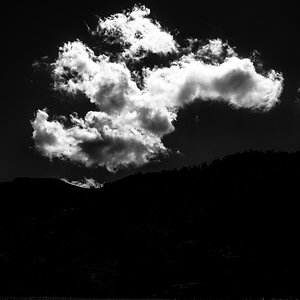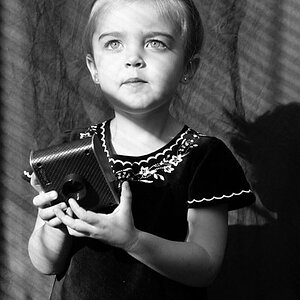jake337
Been spending a lot of time on here!
- Joined
- Jun 3, 2010
- Messages
- 4,274
- Reaction score
- 1,245
- Location
- minnesota
- Can others edit my Photos
- Photos OK to edit
First we have to have affordable computers able to handle 2 gigapixel files.Such a sensors won't happened. There is no point.
I remember the guy who sold my family a computer years ago "Yep you'll be good for years with that massive 20GB harddrive! You'll never use it all up!"
Nowadays a single software package can be near enough to that or more - and photos will eat that up in no time!
The tech will advance, as will the specifications - the real factor is the cost of producing the silicon wafer that size. Heck we are only just reaching a point where the 35mm sensor might digitally start to become the norm again (we are down to the 6D fullframe - we could easily in the next few years see a true entry level 35mm sensor hit the market).
I think he was referring to the fact that cameras are already pretty much at the limits of human eye resolution when their images are printed and hung. Thus, there's not much point in going beyond that. Better technology would make more sense to apply to smaller, lighter, cheaper equipment, but not so much higher resolution equipment.
At least, that's what I would expect if people acted rationally with regard to camera equipment, which they do not... So yeah, we may very well see large format digital in the mainstream sometime in the nearish future.
No. I want a digital medium that measures 8x10 inches.
I want to shoot portraits from 10-20 feet from my subject while getting the compression of a 360mm-900mm lens.
Also, movements.


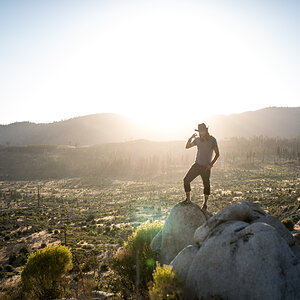

![[No title]](/data/xfmg/thumbnail/39/39446-903cfeac143cee6330a51546ecfdda92.jpg?1619739035)
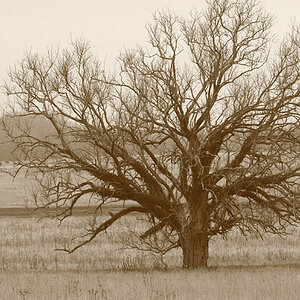
![[No title]](/data/xfmg/thumbnail/32/32926-ec27ecead8c80d803404500d8f888dbf.jpg?1619735754)
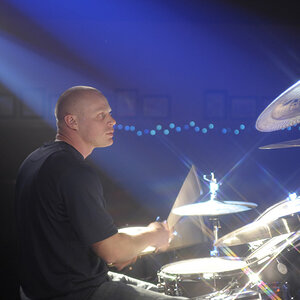
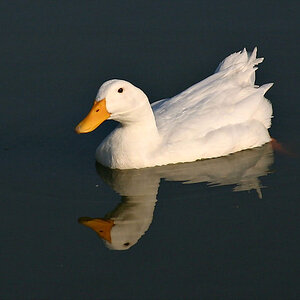
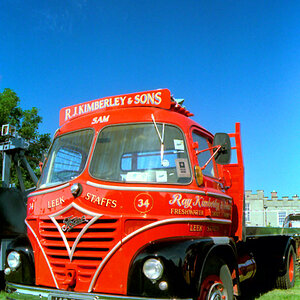
![[No title]](/data/xfmg/thumbnail/32/32930-09414fc020c2a60a456ff59a05c5ef8f.jpg?1619735759)
